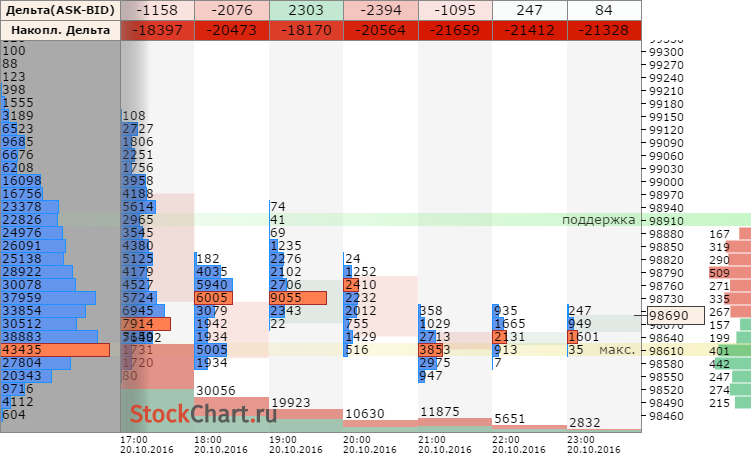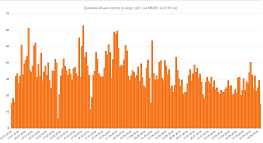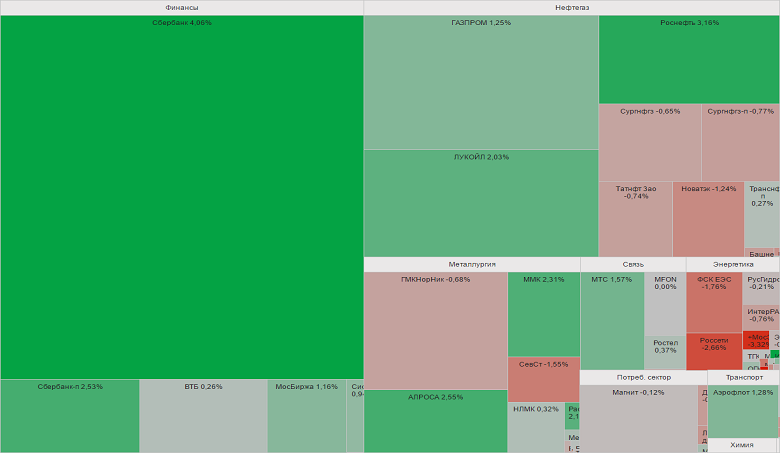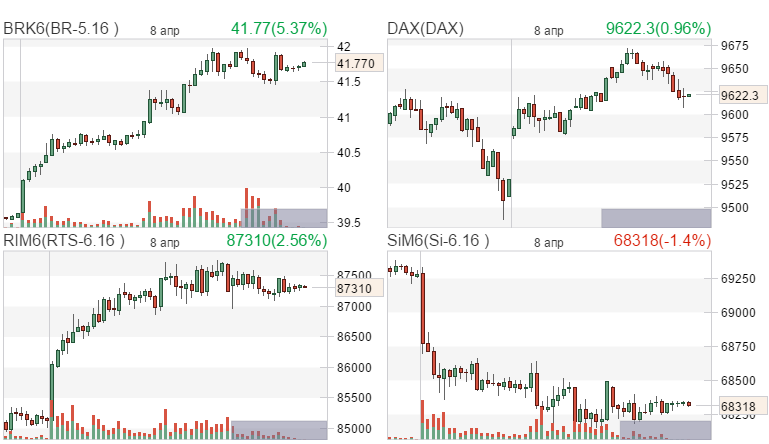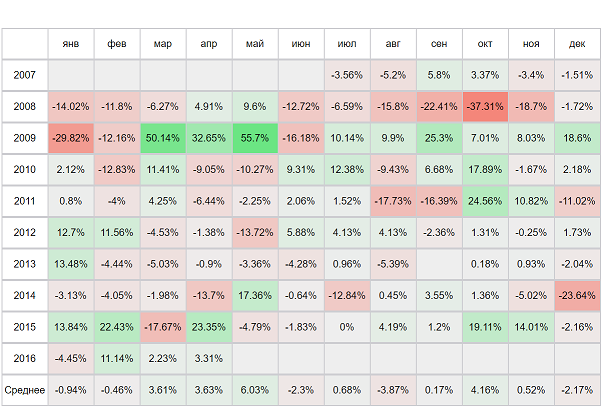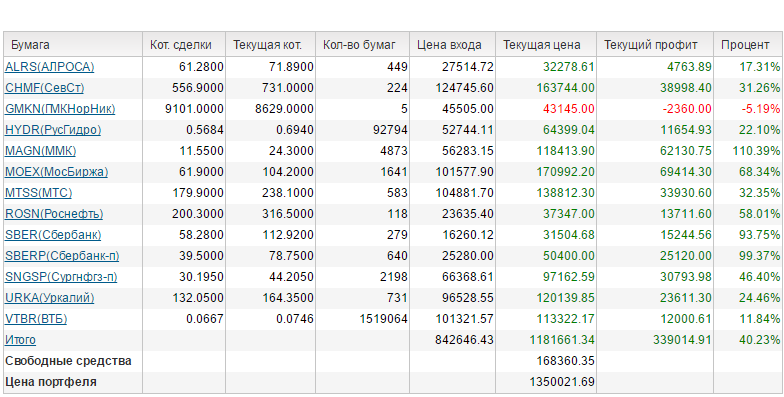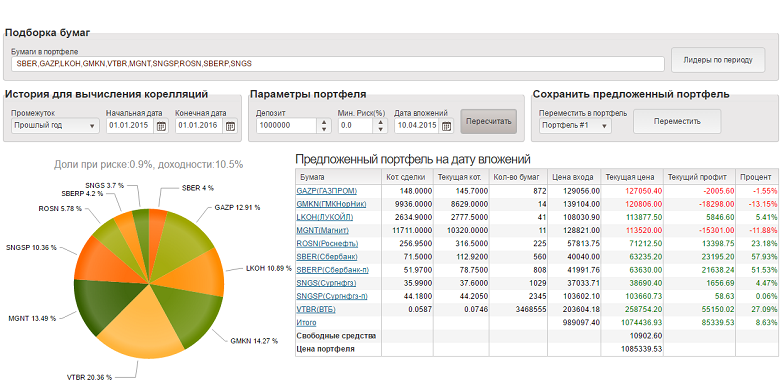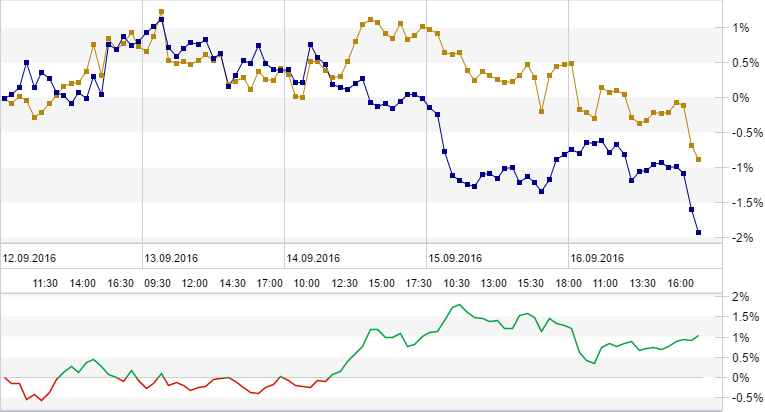 |  |  | |||||||||||
 |
|
||||||||||||
 |  |  | |||||||||||||||
 |
|
||||||||||||||||

Техническая поддержка
ONLINE
 |  |  | |||||||||||||||||
 |
|
||||||||||||||||||
How to Learn Electronics: Start Here
ruticker 07.03.2025 23:38:53 Recognized text from YouScriptor channel Leo's Bag of Tricks
Recognized from a YouTube video by YouScriptor.com, For more details, follow the link How to Learn Electronics: Start Here
In this video, we're going to explore how to learn **Electronics** not just from a technical perspective, but from a philosophical perspective. Because how you approach this subject, both emotionally and intellectually, has a huge impact on the outcome. I'm going to share some of my personal tips that should help make this journey more fun and easier than you ever imagined it could be. Now, to be perfectly clear, I'm not teaching any Electronics in this video, but what I am trying to do is give you a different mindset and a different way of looking at the process of learning electronics—one that should help you to have much greater success as you go down this path. Now, I'm going to let you in on a little secret: I am a high school dropout. I don't even have a GED. In fact, I've never spent a single day in any kind of higher education whatsoever. But I think what I've accomplished in my career speaks for itself. I've always believed in my ability to learn and the ability to teach myself just about anything. The only thing I wouldn't try to learn on my own is maybe flying a helicopter or, you know, doing some brain surgery. But everything else, I can find a way to learn it on my own. And if I can do that, you can do it too. ### Why Should You Learn Electronics? Consider this: you know that feeling you get when the power fails, and you look up from your blank computer screen? You look around and realize 99% of the things that you take for granted in the modern world are now off the table. You're back to the Stone Age. It's at that moment when you should really consider how powerful this technology really is, and that understanding it is the key to success in so many fields. If you have a little knowledge of electronics, even a tiny bit, it helps make the whole world more comprehensible. The other reason to learn Electronics is to increase your **technological literacy**—your ability to tell a good technology idea from a scam. The average person has such a poor understanding of technology that they can be talked into almost anything. Be a good citizen: learn technology so you cannot be deceived. Mathematics is completely essential in the field of electronics, but I do feel the way that Electronics is traditionally taught totally overemphasizes this and turns it into computational drudgery. This kills 80% of people right there; they quit, drop out, and run away. And that's a real tragedy because these people never get to experience the physical poetry that Electronics really is. ### What Really Is Electronics? Electronics is about managing the flow of energy. Anytime a motor turns, a light bulb lights up, a signal gets transmitted, or even a potato cooks in a microwave, it's about the flow of energy—making the right amount of energy flow at the right time and in the right way. You want to control something and accomplish your goal. So whenever I look at anything electronic, the first thought that goes through my mind is: where's the energy going, and how much are we talking about? I try to quantify the energy to give a scale and context to the whole problem. Because once you do that, it's like you're actually cutting through all the noise and looking at the real core of the matter. It helps clarify your thinking and focus your mind on what really is important. In the modern age, Electronics runs deep and wide. So many little sub-specialties have developed in the last few decades. For example, you've got **RF (radio frequency) Electronics**, **Power Electronics** (things like inverters and power supplies), **Precision analog**, **high-speed digital**, **audio**—the list goes on and on. You're never going to be great at all of these, but you will find that doing projects will force you to dig into these silos and pick up little bits of wisdom from each one. What happens is all of these little things tend to overlap and fill in gaps in your knowledge, giving you new insights into solving problems. It's a very nice positive feedback loop that you get into there. When you do find the one that you really love, dig deep into it because it always pays off to become a real specialist in that one thing. That's how you end up getting the big box. ### Key Takeaways from My Journey Looking back at my own journey of learning electronics, I can really identify three key things that made all the difference: 1. **Friendships and Mentorships**: I always worked hard to find people that knew more about this stuff than I did and to become friends with them, sharing ideas and exchanging knowledge. That was immeasurably valuable to me as a young person trying to learn on my own. 2. **Build Lots of Stuff**: I can remember as a small boy begging my mom to buy me these little Ico kits. It was basically a circuit board and a bag of parts you'd solder all together. Most of the time it worked, and sometimes it didn't, but these experiences were essential for getting me in touch with the physicality of electronics—the language of the physical components, the soldering process, and the logic of how you go about it. All these little details that nobody teaches you—you've got to learn that stuff on your own, and when you do, it's an incredibly valuable tool that will serve you for the rest of your life. So build stuff constantly; never stop. 3. **Study Relentlessly**: I remember buying tons of electronics textbooks when I was quite young that were way over my head. I would read through them, barely comprehending anything, but I would stare at the diagrams and the graphs. It was just fascinating to me. Looking back on it, I realized that when I read those books, the language and the culture of electronics were soaking into my brain, even though I didn't comprehend the material. Little by little, as I got older and more experienced, it all started to make more sense. I grounded myself in this sort of fundamental culture of electronics that made it easier as I progressed. So just study relentlessly, and don't worry about not understanding it—just keep going. That's the key because if you don't understand it, that's when you're learning something. I specifically remember buying this book called the **Encyclopedia of Electronic Circuits**. It was basically this big fat book filled with thousands of electronic schematics. All it had was a block of text that described what the schematic did and a schematic—and that was it. I would pour over this book endlessly, kind of looking for patterns. At the beginning, I didn't understand any of it, but after a while, I started to see patterns. I started to recognize little configurations of components that would repeat from one schematic to another, and I started to realize that these were function blocks—groupings of components that were performing a very specific function used in many different circuits. Little by little, it started to dawn on me that the components were like the letters in a language, and then the letters made up words when they were combined into these function blocks. These words had a meaning, and collectively, you string the words together, and you've got a sentence. That analogy really made sense to me, so I kind of grabbed onto that and used it as a template for decoding and understanding the language of schematics. ### Recommended Hardware As you begin your journey of learning electronics, I recommend that you buy certain pieces of hardware that you're going to need, in this order: 1. **A soldering iron**: That's the best tool to start with. If you can at all afford to get a temperature-controlled soldering iron, it makes a big difference in your results. 2. **A DMM (Digital Multimeter)**: These you can get for under a hundred bucks, and it's like the primary measurement tool. 3. **A power supply**: Batteries are kind of a bad thing to work with because they add another variable to your experiment that can make things really confusing. A good power supply is a must. 4. **An oscilloscope**: That's the sort of next-level tool that really helps you to visualize and understand what's going on in a circuit. One of the cool tricks that I've found along the way is if you buy used gear from really top brands like **Hewlett Packard**, **Tektronix**, **Wave Tech**, etc., and you buy this stuff on eBay, you can basically use it for a couple of years and turn around and resell it for almost exactly what you paid for it. In a sense, you're just using it for free, and that's a great deal for someone getting started. The other benefit to that is that you can get the feel for using real gear, and it's so much more pleasurable than jumbling through some crappy user interface on some USB-based thing that wasn't really designed with real workflow in mind. ### Be Cautious with Circuit Designs You need to be extremely suspicious about circuit designs that you just find floating around on social media and the internet because there's a huge incentive to create content, but no mechanism really in place to check or vet any of that content that's produced. There's a huge flood of circuits that won't work, circuits that are downright dangerous, and just crap that just barfs out of social media constantly. So really be careful with that stuff, because that's very discouraging. If you start messing around with some circuit and it doesn't work, you think it's your fault, but it's not your fault—it's crap. ### Learning from the Past Mind the past for learning tools. In 2022, designing circuits with bipolar transistors is not very glamorous, but back in the 60s and 70s, the best minds were hard at work writing data sheets, application notes, magazine articles, and project workbooks all around this cutting-edge technology. That stuff is really good. There was a mechanism there that made sure it was good because publishing it was expensive; you had to print it, so nobody wanted to print garbage that didn't work. ### Avoid the Simplicity Trap When you first start trying to build circuits and experiment with real stuff, don't fall for what I call the **Simplicity Trap**. That's when you seek out circuits to build that have the absolute minimum number of components because that just feels easier to you. In reality, a lot of those really simple circuits rely on really complex interactions of parameters and components that make actually troubleshooting them extremely difficult. You're better off going for something that has a few more components and a bit more complexity because those circuits are actually easier to fix when they don't work. I know it sounds a little counterintuitive, but it's really true. In those circuits, what's going on is you have stages of things, and you can separate those stages and test them independently, looking for intermediate signals and results that tell you what's wrong and help you to get it working. So don't think because a circuit has, you know, five parts or three parts that it's the good one to start with—those are often traps. ### Reject Absolutism Reject absolutism, and what I mean by this is understand that nothing is perfect in the real world. No switch is ever 100% closed or 100% open. No resistor is without capacitance; no capacitor is without resistance. All these things are present constantly and continuously. But don't freak yourself out thinking about this right now—just keep it in the back of your mind because later on, it'll all come into play, and it'll make sense because you've made a little room for it in your mind already. ### Prototype Early and Often I always like to say: **prototype early and prototype often**. The best way to be productive is to quickly go from concept to reality. Build a prototype, test it, fix it, repeat until you've got what you need. It's always nice to have a pretty printed circuit board at the end, but don't be obsessed with that. Learn how to build stuff by hand. Watch my video on techniques and strategies for prototyping electronic circuits—that'll get you started. You would never go into a restaurant and try to order food by showing the waiter some emojis on your phone, right? So by that same token, do not draw pictorial schematics. It's just a really bad habit to get into. The true language of electronics is the clear electronic schematic. It's not that hard to learn, and it will get you so much more respect when you go to interact with people in the know. They'll be much more willing to help you with your problems as you are communicating in a clear, concise manner that shows respect for the art. ### Avoid Air Circuits Don't build **air circuits**. What I mean by that is circuits that are basically just a clump of components that are just sort of soldered together in the air. This is a trend I see on YouTube a lot now, and it's just—why? Why would you do that? A piece of perf board costs almost nothing, and in the end, it produces a piece of kit that's robust, easy to work with, and you can use it for years without worrying about it just snapping apart. Just say no to air circuits. ### Circuit Simulators Circuit simulators are super cool; everyone should definitely play around with them. I recommend **LTspice** by Linear Technologies—it's a free download and it's widely used and very well supported. The cool thing about simulators is they take away a lot of the arduous mathematics of analyzing AC circuits and stuff. But don't be seduced by the virtual perfection of simulators. It's very easy to go way off into the weeds believing in a simulation, and the reality is different. Your circuit doesn't work right, and it's quite frustrating for beginners. So what I like to do is just use the simulators to check out certain parts of my circuit that require a lot of mathematics, and then the rest of it, build the real circuit so you know what you've really got and you don't just deceive yourself with a simulator fantasy. ### Have Fun! Always remember to have fun with this stuff. Don't make it a chore, job, or drudgery. The best learning happens when you're having fun and when you're experiencing joy. So work on things that you're interested in—build stuff that means something to you. Always try to structure your learning so you go in comfortable steps, so you're not totally bummed out when something doesn't work. You just can keep climbing that ladder at your comfortable pace, but always maintain that sense of wonder and joy. It's really the key to learning anything.
Залогинтесь, что бы оставить свой комментарий

